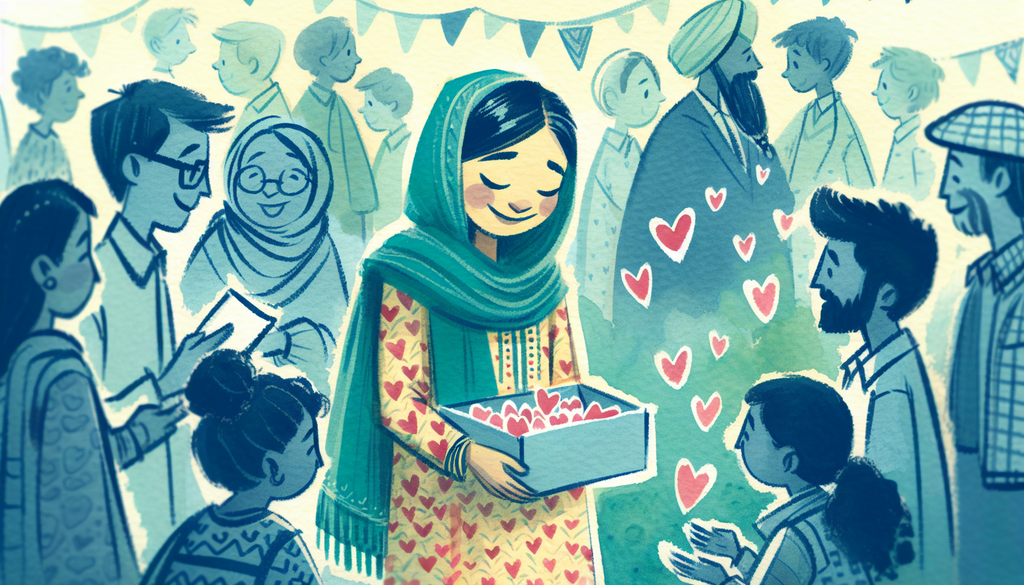Valentine's Day and Social Inclusion in Schools

With Valentine’s Day just around the corner, schools are buzzing with preparations for red and pink-themed celebrations and exchanges of heart-shaped treats. This joyful event can also be an opportunity to discuss and reinforce the values of social inclusion, especially for children who may have special needs or identified as gifted and talented.
Children, regardless of their abilities or challenges, have a universal need to feel loved, valued, and included by their peers. This is precisely why school celebrations like Valentine’s Day play a crucial role in promoting inclusivity and mutual respect among students.
However, these events can sometimes lead to feelings of exclusion or discomfort for children who are struggling with social dynamics, such as those with special needs or exceptionally talented children who may feel different. Here are some strategies to ensure that these celebrations nurture inclusivity and respect for diversity.
Encourage Empathy and Understanding
Open a dialogue with children about autism anxiety, unorthodox behavior coming from neurodiversity, or the gifts of a twice-exceptional peer could stimulate understanding and empathy.
Foster Peer Relationships
Valentine’s Day can serve as a prompt for conversations around friendship and navigating social skills. Encourage children to interact beyond their standard social circles and extend their jokes, support, and valentine’s cards to a more comprehensive range of classmates. This action can foster peer relationships and even help reduce incidents of bullying.
Adapt Activities
Remember, it’s critical to make sure activities are appropriate for all students. Consider incorporating sensory play or replacing competitive games with cooperative ones that encourage musical talents, arts, or pretend play.
Promote Inclusive Practices
Inclusivity transcends beyond classroom activities. Ensure communication with children with special needs is clear and effective, whether it’s done verbally, through visuals or using an Alternative Communication(AAC) system.
While organized school activities have their benefits, it’s essential to remember that promoting inclusion should not be limited to special occasions alone. It should permeate everyday activities, routines, and interactions. Baking such practices into the school culture goes Beyond Accommodations towards building a truly inclusive environment.
In conclusion, let’s use occasions like Valentine’s Day to cheer for and show appreciation towards our children’s unique gifts and individualities. Let’s celebrate neurodiversity because all kinds of minds need love and recognition.
We wish every child out there a Happy Valentine’s Day!